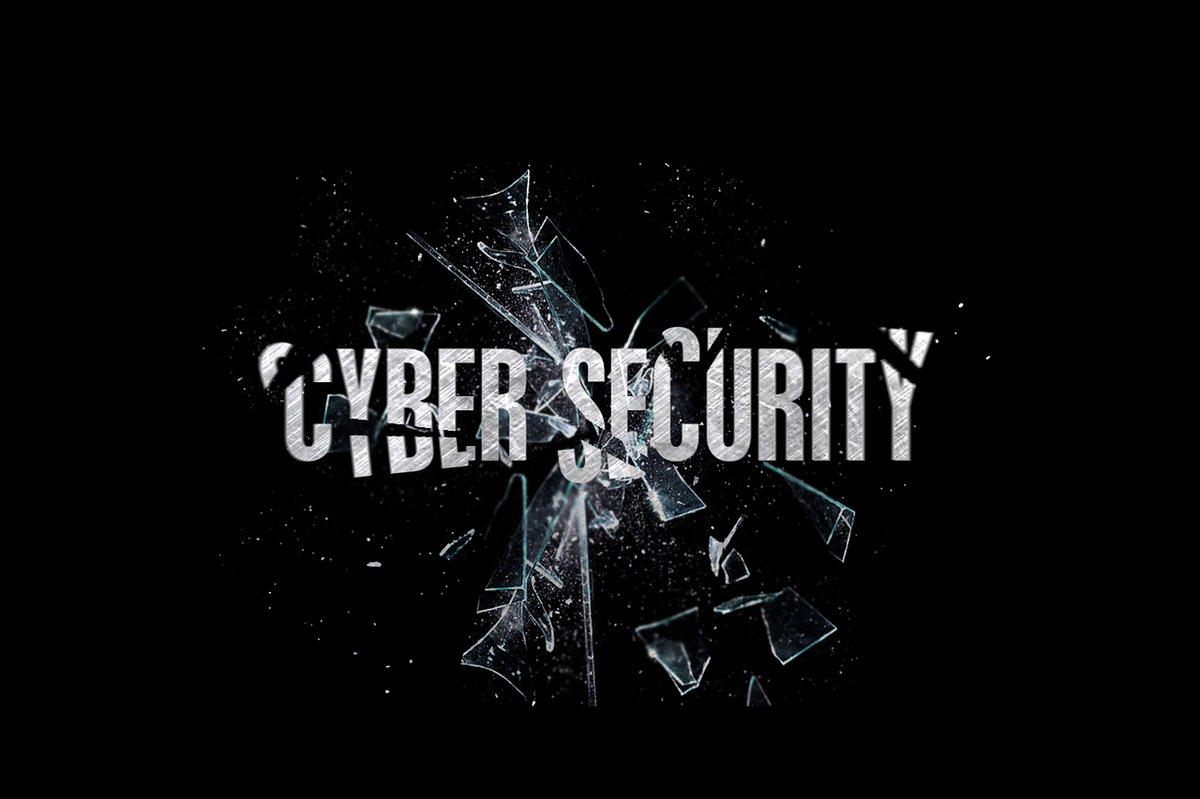Spotting the signs of fraud
The finance team attended a fraud and online security webinar run by NatWest Bank. In their first blog post, Mark Brampton, Parish Resources Adviser, and Jan Boyce, Diocesan Accountant, share some helpful advice to keep you and your church safe online.

Beware of Coronavirus scams
Fraudsters are using Coronavirus as the hook to either get individuals to pass on information, or open attachments that contain harmful viruses. Usually, it is in the form of an attachment or link to supposedly useful documents or advice. Common subject lines contain, “World Health Organisation” or “HMRC”. If you're unsure whether this is legitimate, don’t click the links or open attachments. Find the information directly from the WHO or HMRC website.
The Take Five website has several toolkits and a range of useful advice to keep you safe online, includes specialist guidance related to Coronavirus and fraud arising from the pandemic.
Always check the website address
In the webinar we were shown how easy it is to set up a fake website. The main advice is to look carefully at the URL (the website address). If it doesn’t look familiar, it could well be a fake website.
And remember, if the deals advertised on the site are too good to be true, they probably are.
Check email addresses
If an email looks suspicious or unexpected check the email address. Hover your cursor over the email address (without clicking the left or right buttons) to reveal more details about the properties.
Always check a change of details (like supplier payments) from independent sources. Fraudsters are relying on it being more difficult, as people work from home. Don’t dispense with robust security processes when working remotely.
Read this article from Which? on how to spot email scams.
How secure is your social media?
This video is a timely reminder about how your social media may reveal more about you than you intended. Check the settings on your profile and review who can see your posts.
This film from NatWest on how you can take some simple steps to protect yourself from fraud.
Making safer payments online
Here's three tips on making safe payments.
- Never rely on just an email to validate a payment. Contact the sender on a trusted number
- The bank will never telephone asking you to transfer money to a new account
- If you receive a request from a supplier to update bank account details, always call back to check it's genuine
By following these tips and staying up-to-date with security advice and updates for your devices, you can stay safe online during this challenging period.
For more financial advice and support visit our Finance section.